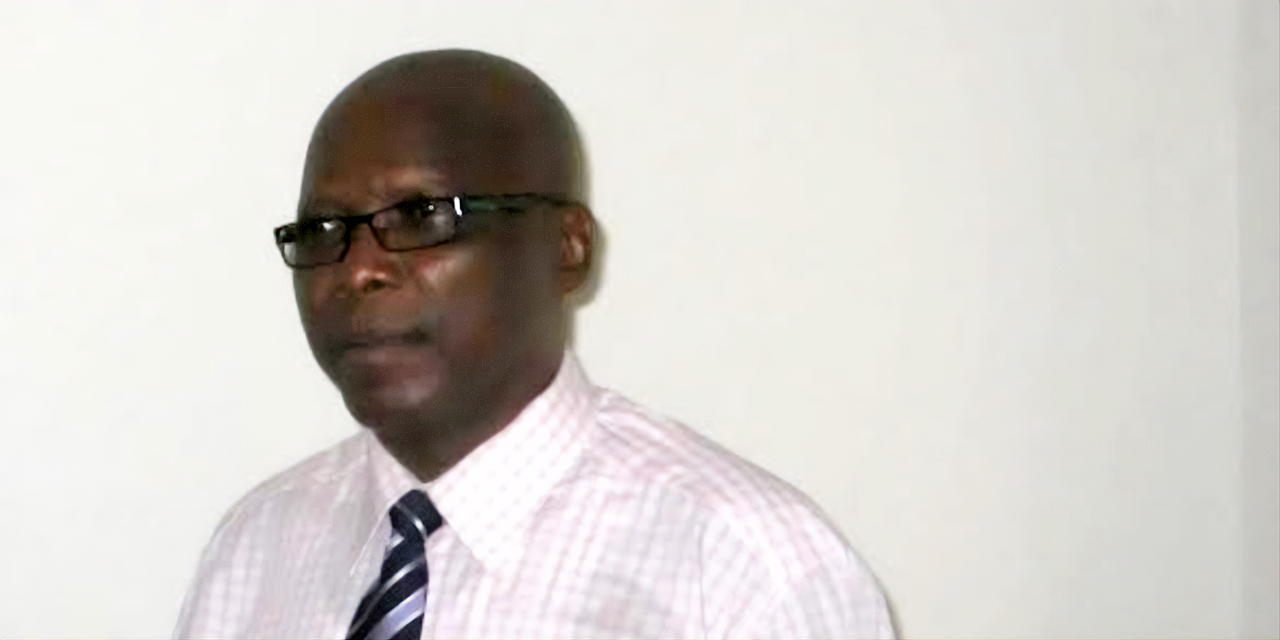Oluyemi Adegbite has always been interested in politics and government. Born and raised in Nigeria, he was a college lecturer in the Department of Political Science before coming to Canada, where he’s been a middle-school teacher for the past 20 years.
“I have been an activist all my life,” he says. “I’ve always been involved in politics, be it in the workplace or in school.” Adegbite studied Political Science in university, where he was the president of his Students’ Union. In Canada he was the steward for his teacher union for more than a decade.
While his background may be academic — he recently completed a PhD in Distance Education at Athabasca University — Adegbite is adept at bringing political process to life for his grade 7 and 8 students at Earnscliffe Sr. Public School in Brampton, Ontario.
One of his favourite techniques to use is role-play. “Teaching political science as it is will involve talking a lot and students these days don’t like being lectured. They want to participate,” he says. “I usually develop a drama, skits, playlets for students to be active. They practice what it is like to be in government, to be in opposition.”
Adegbite organizes Student Vote at Earnscliffe Sr. and uses this technique at election time to inspire student participation, to great effect. “We talked about the privilege to be a voter. That some countries are dying to vote while in the Western world, people neglect that civic responsibility. So we had a drama,” he says.
The whole school gathered to watch the performance, in which students presented two different scenarios to make the point that we can’t take our right to vote for granted. The play depicted citizens in a context without democracy juxtaposed with citizens with the right to vote in free and fair elections.
Students came away with a feeling of responsibility to cast a Student Vote ballot, and brought that motivation home with them. “They loved it, the audience,” says Adegbite. “And the following day students were coming back to tell me, ‘Oh, I made sure my dad voted yesterday.’ A lot of students gave me that feedback, that they influenced their parents to vote for the party of their choice.”
Adegbite wants his students to understand that government is not an abstract concept – that it belongs to all of us and we have to practice democracy if we want to keep it.
Giving people the opportunity to vote is like giving them a voice in how the government is being run.
“Giving people the opportunity to vote is like giving them a voice in how the government is being run,” he says. “And that gives them the opportunity to make their own contribution so that the government will take into account their interest before making a decision.”
Student Vote has administrative support, and it is a big event at Earnscliffe Sr, a team effort on the part of all of the staff with high rates of student participation. “It’s always like a mini Christmas when we have Student Vote. Because students are always eager to take part,” Adegbite says.
Learning about government is reinforced at the school level, where students elect a student council made up of a ‘prime minister’ and ‘cabinet ministers.’ “Candidates use the school public address system to address students, and then tell them what they will do if they are elected,” he says.
Adegbite’s commitment to democracy extends to how he chooses to organize his classroom. Whether it’s input into what books the class studies or rules everyone agrees to follow, he actively involves his students day-to-day in helping to make the decisions that will affect them. “People should be given more choice, the same thing in our classrooms,” he says. “Whatever people feel they have contributed to, they want to see to be successful.”
He says his students are very inquisitive, which helps. “They want to know a lot of things. They want to know about democracy. They want to know about government. They want to know why government makes decisions that are unpopular.”
It’s a level of engagement that brings Adegbite hope. “If students are not taking part, eventually democracy will be at peril,” he says. Knowing the power of a single vote, and how votes add up to make change, is key to ensuring that doesn’t happen.
“People think, ‘oh, what does my vote mean?’ But the aggregate is what we are looking at,” he says. “More education is needed, particularly among youth who will develop that culture, and that will help the country to boost the representative democracy that we have in Canada.”
At a Glance
Name: Oluyemi Adegbite
Location: Brampton, Ontario
Grades Taught: 8-7
Subjects Taught: Math, science, technology, autism spectrum disorder resource teacher
Years Teaching: 20
Years Involved with CIVIX: 12
CIVIX programs used: Student Vote, Democracy Bootcamp, Student Budget Consultation
Key Motivation: “I want to impact participant political culture anywhere I am. Democracy is the only safe means of governing people. It's the opposite of chaos. Everybody is human. We are all equal, and we are all equal before the law.”
